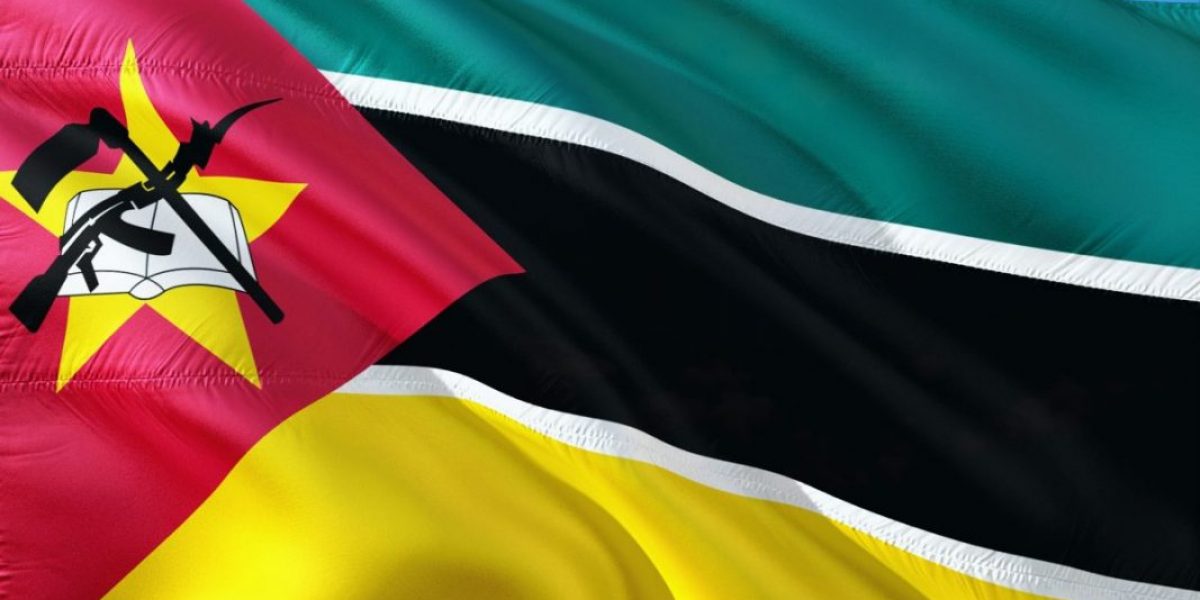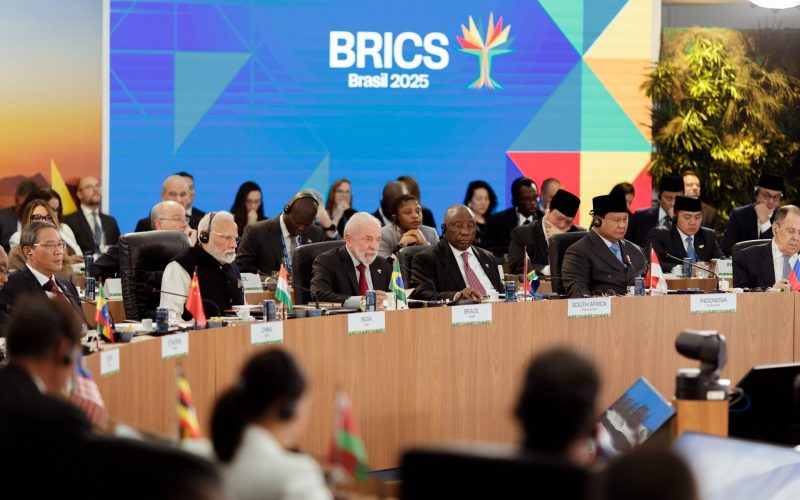Every continent needs an America… this is how one South African investor responded when questioned about the importance of South African investment in a country like Mozambique. This comment immediately conjures up the image of the bully on the block, but the intention is subtler. It is widely accepted that the economic growth of Western Europe after the Second World War and the Asian economic miracle are a direct result of US investment and aid in those regions, and the opening of its market to their exports.
Mozambique is a poor country in a poverty-stricken region. Its geographical proximity to South Africa and its long-standing linkages with the South African economy since the turn of the 20th century place it in a uniquely advantageous, but also difficult, position.
On the one hand it benefits from the northward march of South African multinationals on the continent and the positive benefits that this brings, such as the transfer of technology, reform of the economy and job creation. On the other hand, local businesses are left behind and overtaken by the new competition in the domestic market.
But generally, for a country such as Mozambique, with its huge developmental backlog, its substantial dependence on international donor assistance, almost non-existent domestic savings and low revenue stream, South African investment has been a boon. Yet it is clear that more needs to be done to ensure a virtuous foreign direct investment (FDI) cycle. Lasting, sustainable benefits will follow only if the government creates an environment that also supports domestic investment and business. There should be no distinction made between how foreign and domestic investors are treated.
But, the legacy of Mozambique’s 16-year experiment with socialism and its devastating civil war still resonates in its society today, and has directly contributed to the weakness and small size of its private sector and the logistical and regulatory barriers that persists in its economy. The Mozambican government realises that to attract the big investors it has no choice but to offer a range of incentives.
The advantage of the entry of “big” business in a small economy like Mozambique’s is that it has the capacity and means to overcome many of the structural barriers that face smaller domestic players. Ironically, however, several studies have shown that the greatest benefit to a local economy in terms of positive linkages with the local business sector is derived from the entry of smaller investors and small and medium-sized entrepreneurs from other countries.
The standard response from South African business people, asked about why they do so well in Africa, is often “because we know Africa so well”. Though there is some truth in this assessment, the key feature distinguishing South Africa from other foreign investors in their assessment of risk relates to the issue of expectation.
South African investors expect to be faced with logistical and bureaucratic hurdles when contemplating investment on the continent, even though most agree that they evaluate risk in exactly the same way as their foreign competitors do. There is no magic bullet to overcome the many barriers and pitfalls that accompany investment in Africa. But South African investors who are often relative newcomers to other countries on the continent have shown remarkable skill at developing coping strategies.
They have also found, like foreign investors in Africa, that although the risks are great, the returns are high.
South African investment into Africa generally is motivated by a variety of aims. (See factbox). Andrea Goldstein of the OECD Development Centre describes the investment behaviour of emerging South African companies as typical of developing-country multinationals. Faced with growing competition in their own market as South Africa opened itself to international markets, companies found that profit margins began dropping significantly. Their investment drive into neighbouring states has been motivated by the belief that they will face less competition from local firms there, and that they can use their superior business practices to position themselves advantageously even in relation to international subsidiaries.
Knowledge of the market and geographical proximity also reduces transaction costs for smaller companies considerably, and present a “natural” space in which to globalise and gain international experience. In this regard the South African economy also plays an important anchoring role as a reliable source of inputs.
However, it is difficult to ascribe investment decisions by South African companies to only one overriding purpose. Most of the bigger South African investors show a mix of the above-mentioned reasons for investing.
There is also another dimension to South African investment into Africa which pertains to “politically motivated” investments, using state-owned enterprises (SOEs) or parastatals as the key instruments. Investments by companies such as Eskom Enterprises are perceived to be largely politically driven, and are instrumental to the South African government’s Nepad initiative.
The private sector is expected to play a significant role in the implementation of Nepad, and South African parastatals are perceived to be more open to persuasion to enter some of the difficult markets in Africa.
This approach seems fraught with pitfalls. For example, the Economist Intelligence Unit (EIU) describes the delay of over three years in the signing and implementation of the Motraco project caused by the Mozambican government’s attempts to impose unrealistic financial terms.
However, several of the successful large South African investments in Mozambique could be described as having been politically sanctioned. The Maputo Development Corridor is a case in point. It is to the credit of both governments that they supported the creation of an environment that provided the impetus for the growth of trade and investment between the two countries. The success of this combined effort to boost economic interaction is illustrated by the myriad bilateral agreements that have been signed since 1992.
However, at the most fundamental level the decision to invest in countries like Mozambique has also been prompted by the return of political stability and peace to that country, the liberalisation of its market and the introduction of market-based policies.
Not surprisingly, Mozambique has emerged as the biggest recipient of South African investment since 1994 in SADC.
THE FACTS Foreign direct investment
The BusinessMap Foundation identifies four principal ‘textbook’ motivations underlying FDI. They are:
- Market-driven or market-seeking FDI
The investor seeks to penetrate a specific market and investment decisions are driven by its size; the per capita income of the population; its real and potential growth; links and access to other markets and its economic structure. This has been typical of the investments of Vodacom and Shoprite-Checkers into Mozambique. - Resource-seeking or factor-driven FDI
The investor is motivated by an abundance of specific natural resources, such as raw materials and minerals; the availability of low-cost, unskilled labour or skilled labour; and physical infrastructure. The size of the Mozambican natural gas deposits provided the impetus for a company like Sasol to invest in the development of the Pande and Temane gas fields. - Efficiency-seeking FDI
The investor seeks to take advantage of the cost-effectiveness of input costs and resources, the productivity of the workforce and the integration of the market into regional frameworks. The establishment of Mozal in an industrial free zone has made it one of the top three most cost-effective and productive smelters in the world. - Strategic asset and capability-seeking investment
The company enters into a market to protect or further its competitive advantage within the global context. Sasol, Eskom, SABMiller, Transnet and BHP-Billiton’s investment into Mozambique could be described as products of this thinking.








